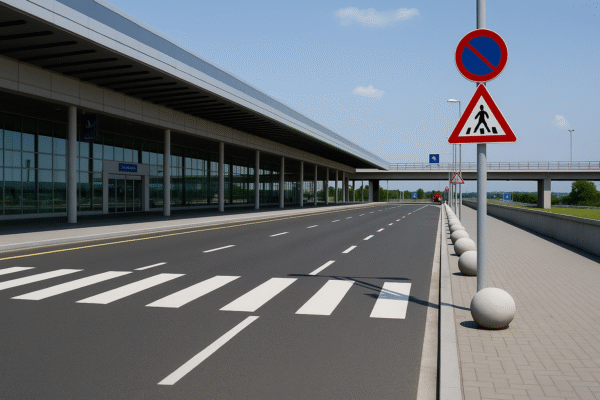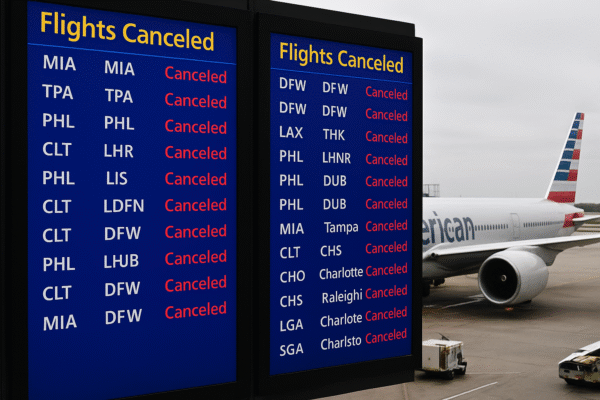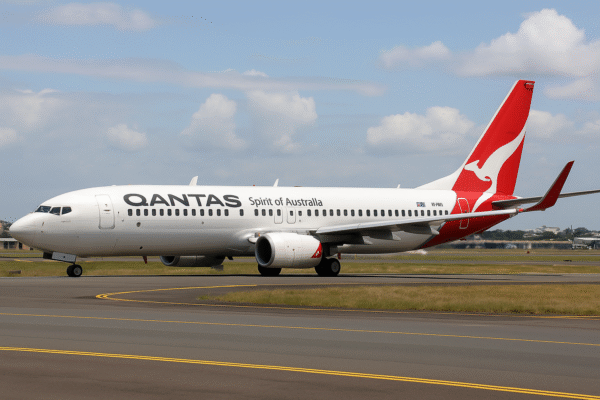Storms sweeping across Western and Southern Europe have triggered widespread travel chaos as KLM Royal Dutch Airlines grapple with more than 240 flight disruptions at key airports. Severe weather—characterized by intense wind gusts, heavy rainfall, and significantly reduced visibility—has hammered operations at Amsterdam’s Schiphol, Brussels, Berlin, and Barcelona airports. The cascading effect is impacting flights well beyond Europe’s borders, significantly hindering international travel.
Amsterdam Schiphol: The Epicenter of Disruption
As Europe’s busiest aviation hub, Amsterdam Schiphol has borne the brunt of the storm. Today alone, nearly one-third of KLM’s departures—approximately 240 flights—have been delayed, in addition to 16 cancellations. The situation is causing long queues, mounting frustration, and limited options for rebooking, as both domestic and international travelers find their schedules thrown into disarray. The knock-on effects on connecting flights are particularly profound.
Brussels, Berlin & Barcelona: Airports Under Strain
Brussels Airport follows close behind in volume of disruptions, while airports in Berlin and Barcelona are also experiencing high levels of delays and cancellations. At Barcelona–El Prat, compounding weather conditions like runway closures, staffing challenges, and disrupted ground operations are aggravating the situation. Across all affected airports, airline ground staff are overwhelmed, and passengers are navigating intensified delays in security, check‑in, and boarding.
Ripple Effects Across International Networks
Further complicating matters, these localized disruptions are rippling through international air travel. Layover passengers bound for North America, Asia, or beyond are facing missed connections, and airlines are struggling to reroute and accommodate them. As a result, travel itineraries worldwide are being compromised, amplifying the frustration of global travelers already tethered to strict schedules.
How Travelers Can Adapt: Practical Tips
- Stay Vigilant: Keep checking real-time updates via the KLM app, airline website, or airport information boards. Changes can happen rapidly.
- Act Fast on Rebooking: Contact airline customer service immediately to explore alternative flights or request a refund. Flexibility—traveling a day earlier or via a different hub—may be your best bet.
- Plan for Extra Time: Arrive at the airport significantly earlier than planned to navigate possible delays in security and operational processing.
- Know Your Rights: Under EU regulations (EU 261), passengers may be entitled to compensation if a flight is delayed by more than three hours or cancelled—check eligibility promptly.
- Have Essentials Ready: Pack chargers and keep travel documents accessible. Long waits demand patience and preparedness.
Official Guidance & Resources
KLM’s Travel Alerts page offers up-to-date information on disruptions and options to rebook, refund, or request compensation. While alerts dated as of August 4 address other situations (such as flight suspensions to Tel Aviv due to security concerns), the ongoing severe weather context underscores the need for frequent consultation of official channels for updates.
Looking Ahead: Weather & Recovery
With forecasts predicting lingering storms into the coming days, full restoration of air travel could take time. Airports and carriers are deploying contingency plans, but passengers should anticipate continued disruptions. If international flights are compromised, consider alternate transport modes—such as rail or coach connections, or shifting to nearby airports with better conditions.
In Summary
Europe’s storm-related travel havoc has severely impacted KLM operations across Amsterdam, Brussels, Berlin, and Barcelona on August 10, 2025. With over 240 flights delayed or cancelled, travelers face daunting disruptions. Staying informed, acting quickly, and tapping into available legal rights are crucial for navigating the upheaval. Safe travels ahead.
For more travel news like this, keep reading Global Travel Wire

















